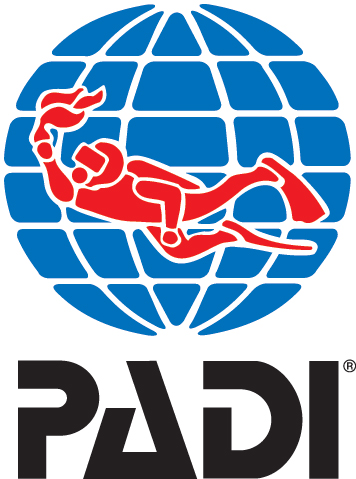There it is- the last refuge of the losing argument- the ad hominem attack. Thanks for proving the point that all your arguments use irrelevant points to make the misdirection easier to swallow. I am surprised it took that long before you trotted that out.
keep showing why you can’t make a cogent argument- because when in doubt attack the messenger not the message…
So, clown is a complement to you then? You live in a glass house. You shouldn't throw rocks.
-------
So let's assume the convict is right, that there is no legal basis for PADI being at all liable.
I have a rhetorical quesiton. Would any of us if we were CEOs of an insurance company provide insurance for diving instructors? I sure wouldn't.
Let's assume that the plaintiffs are awarded a significant judgement against Gull Dive Center (whose owners according to the plaintiff's attorney received a large settlement/award from Kia) and Snow. What impact does this have on insurance for dive pros? It will go up, right? Increased insurance, fewer instructors, yes? Basic economics here. So fewer instructors, fewer people becoming instructors at least in the US (I have no idea as to what percentage of new instructors are trained in the US versus the rest of the world). More instructors stop teaching. I'm referring to not this incident but virtually all non-medical related incidents.
So this means less revenue for the agencies, yes?
Wouldn't it have been better for agencies (not just PADI) to tighten up standards, raise instructor/DM training requuirements, lowering ratios, etc.. as an effort to improve dive safety?
If you haven't been to prison, I'm curious as to your opinion? Do you disagree that keeping the status quo will result in more lawsuits that cause insurance rates going up? Do you disagree that these insurance will cause there to be for new instructors and also cause more instructors to stop teaching? Do you disagree that it may have been better for agencies to take a hit of lower volume by improving instructor training/performance standards for both pros/students?




